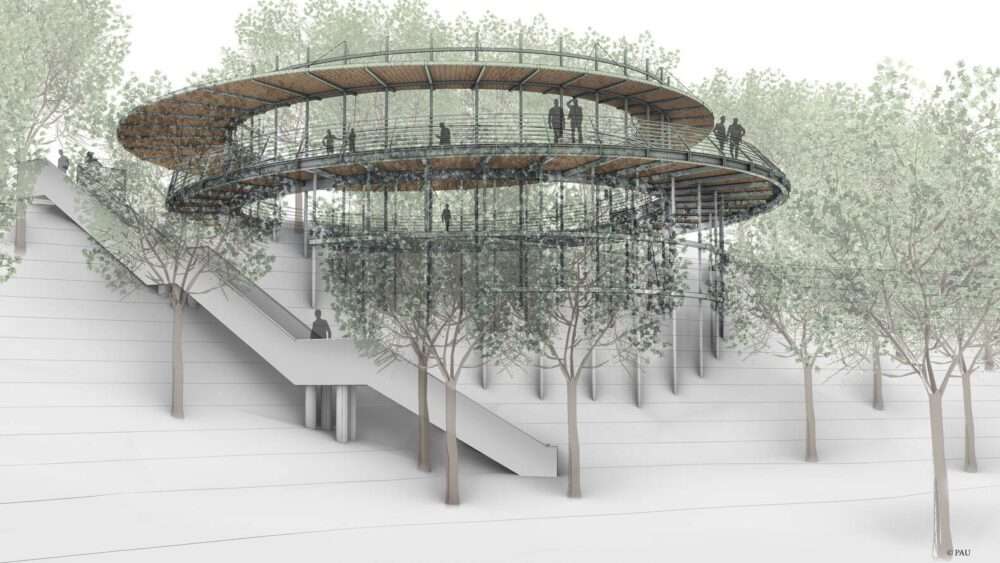Revered for its artistic excellence and strong infrastructure, architecture is certainly not exempt from unscrupulous behavior. This investigation uncovers the seedy truth that lies beneath the idealistic façade of equitable treatment and professional integrity.
Explore the transformative potential of public adjudication and blockchain technology in architectural awards. This piece delves into how the collective voice can redefine excellence and foster a new era of transparency and fairness in the recognition of architectural achievement
At the heart of our exploration are the prestigious awards that serve as milestones of achievement in the field. Emblematic among them is the Nobel Peace Prize, an accolade that has historically been the subject of scrutiny for its alleged racial and gender biases, with a paltry representation of female laureates. Such a pattern of exclusivity questions the proclaimed impartiality of the award’s process.
Mirroring the controversy of the Nobel is the Aga Khan Award for Architecture, which, while striving to honor Islamic architecture, has not been spared from criticism. Abdul Wahed El-Wakil’s candid admission of facing substantial resistance in the pursuit of recognition because of his Arab identity points to an unsettling trend of regional and racial bias within the architectural award system.
Furthermore, there exists a silent struggle among architects whose exceptional designs fail to garner the acclaim they deserve, overshadowed by a select few who have mastered the unspoken rules of the architectural award game. This systemic oversight raises concerns about the authenticity of the recognition process and whether true innovation is being stifled by a culture of favoritism and backdoor endorsements.
In a profession that should epitomize authenticity and transparency, the presence of such hypocrisy is particularly egregious. This report does not merely cast a shadow of doubt but calls for a reevaluation of the pillars upon which architectural merit is judged. It is an urgent plea for reform—a dismantling of the facades that hide the true merit behind a smokescreen of deception.
With substantial evidence available online, the discourse on these issues is gaining momentum. It is time for the architectural community to confront these uncomfortable truths and strive for a renaissance of equity and integrity, ensuring that the legacy of architecture is one of undisputed honor, not tainted by the dark marks of hypocrisy.
In the pursuit of integrity within architectural recognition, there’s a compelling argument for the democratization of award processes. The most prestigious accolades could benefit from a pivot towards public adjudication, where the collective voice and sentiment of the community serve as the ultimate arbiter of merit. This crowd-sourced approach to judgment reflects a more expansive and inclusive understanding of architectural impact, resonating with the democratic ethos of the built environment itself, which ultimately serves the public.
Moreover, with the advent of blockchain technology and sophisticated digital ledger systems, we have the tools to facilitate such a paradigm shift. These technologies offer unprecedented transparency and security, ensuring that every vote is accounted for and that the selection process remains untainted by bias or manipulation. By harnessing these digital advancements, we can foster a more equitable and participatory framework for architectural awards that not only elevates designs that resonate with the public but also restores faith in the fairness of the competition.






